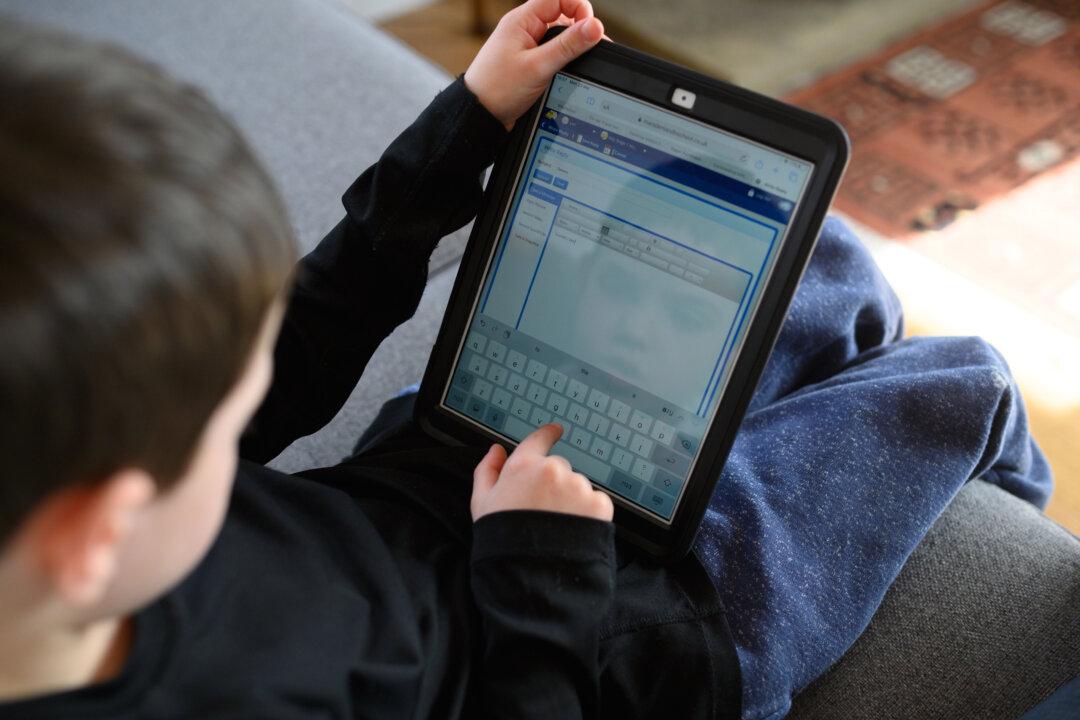Data from thousands of children was harvested during the pandemic by a government-recommended online learning tool without parent’s knowledge, according to a joint investigation involving Human Rights Watch (HRW) and The Telegraph.
The Telegraph reported that Edpuzzle, a Department for Education (DfE) recommended company that provides interactive video lessons aimed at children as young as 5, had monitored pupils.




